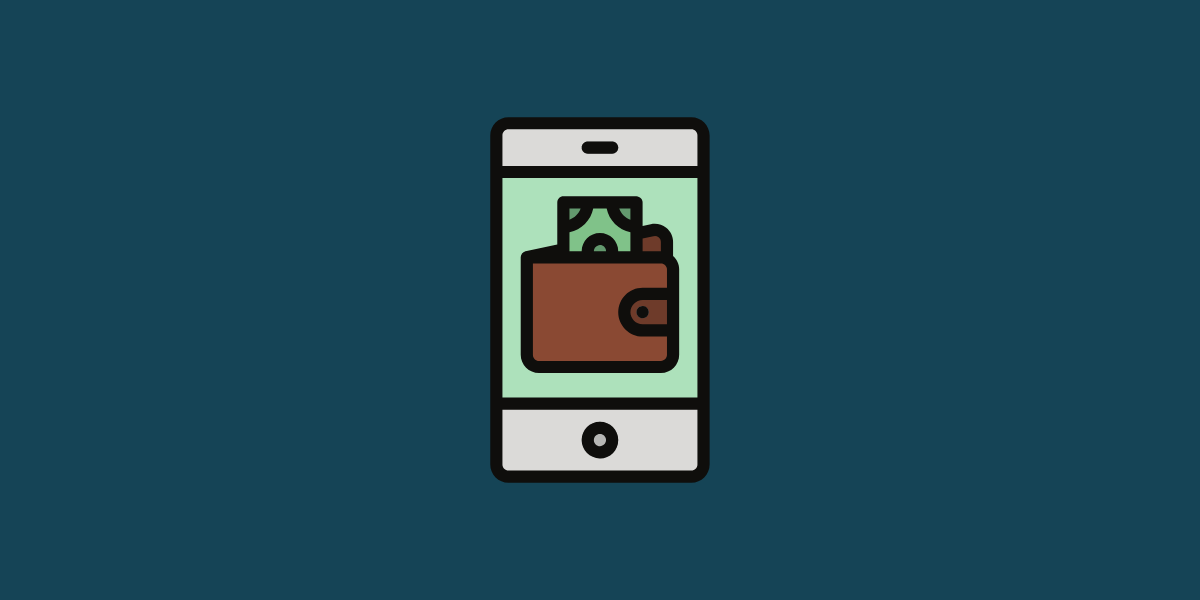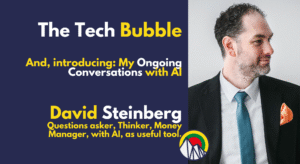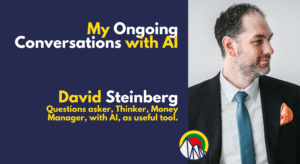First, I have to talk about what I feel the economic impact of COVID-19 will have on our economy.
In these times of uncertainty, there are so many people who are finding themselves in tough spots financially. Lots of people across many industries have been laid off or put on leave, and have no idea if they’ll return to their jobs, or if they have to find new work. Many people may find that their jobs may be in jeopardy in 3-6 months, once businesses have been restructured to meet different demand. What it comes down to, is that a lot of people out there may need help for a long period of time.
Right now, the government and banks are collectively doing what they can to alleviate a lot of people’s concerns and address the problems. The federal government has a range of programs they are putting in place, including increasing
Employment Insurance (EI) benefits and child tax benefits.
Banks are allowing people who are directly affected by the crisis to
defer their mortgage payments. A lot of businesses are doing their part too. Extra discounts, free shipping and delivery, and pay later schemes are all efforts from our business community to keep consumer spending up, and keep our economy afloat.
But are banks and governments going to be able to help all these people out over an extended period of time? Let’s consider the possibilities. Are the banks going to give permanent mortgage deferrals to people who might lose their job and can’t get a new one? Is the government going to keep your EI going forever, and is the EI amount received enough to survive? Ultimately, no.
Right now, my team and I are receiving lots of calls from clients who are in trouble and losing their jobs. Last week, there were an estimated 500,000 EI applications in Canada, versus the norm of around 27,000 per week. The current influx of those who are going to be dependent on the system will overwhelm our government.
The banks or government (federal, provincial, or municipal), are not going to be able to support everyone who needs help for the long term. Eventually, these extra benefits and EI will run out. Banks will stop giving mortgage deferrals. Government and business funds will dry up if we can’t get the global economy humming along again.
I want to be optimistic. Hopefully, our society and economic system returns to normal, and everyone will get their jobs back. Hopefully, everything will go back to normal. Heck, maybe we will see an increase in economic production because of COVID -19. There will be new types of jobs, and maybe even more jobs. New industries will arise as demands change, and we will find our economy a changed economy. Sort of like a phoenix rising from the ashes. Our economy may change for the better, and perhaps our recovery will be a lot better and faster than expected.
But that thought is best case, optimistic scenario. It’s important to be realistic, and to plan for the worst.
Our economic recovery will also depend on how fast we can contain, and flatten the curve of COVID-19. How long are all these people expected to be out of work? How long is it going to take entire industries to come back to life? Will consumer spending continue, or will it cease?
Even when we do bounce back from this, the economy’s recovery, and ultimate transformation into a new economy, will take a long time. Entire industries will find themselves unable to survive at the same capacity it once did. Tourism. Events. Airlines. Public Transportation. Restaurants. All of these will have long term lasting effects on their bottom line due to COVID-19, and this new reality.
We are also finding right now that many fringe industries are also being affected. Construction. Real Estate, services of all kind. They will all surely be affected in the short term, and possibly even the long term. It could take years for us to get back to the same level of production we were at before COVID-19 hit. The fact is, we don’t know when things will get back to normal, but we will all keep doing the best we can and push forward.




